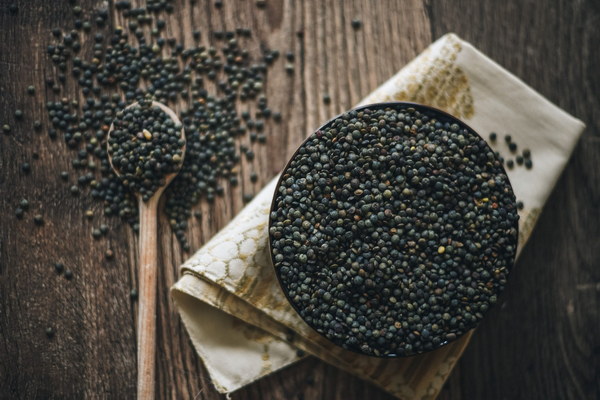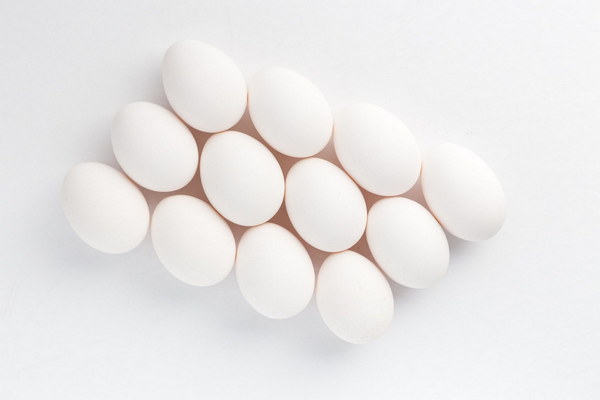Post-Nephrectomy Enhancing Qi and Blood Flow for Optimal Recovery
After the removal of a kidney, the body undergoes a significant transformation as it adapts to the new normal. This process, often referred to as nephrectomy, can leave individuals feeling weak, fatigued, and in need of support to maintain overall health. One of the most crucial aspects of post-nephrectomy recovery is the replenishment of Qi (vital energy) and Blood. This article delves into the importance of restoring these vital elements and offers practical strategies to enhance Qi and Blood flow for optimal recovery.
The Importance of Qi and Blood in Recovery
In traditional Chinese medicine (TCM), Qi and Blood are considered the fundamental substances that sustain life and health. Qi is the vital energy that animates the body, regulates physiological functions, and maintains emotional balance. Blood, on the other hand, is the substance that nourishes the body's tissues and organs, providing them with the necessary nutrients and oxygen.

Following a nephrectomy, the body may experience a depletion of both Qi and Blood due to the stress of surgery and the loss of a kidney. This depletion can lead to a variety of symptoms, including fatigue, weakness, poor appetite, and a general feeling of malaise. By focusing on replenishing Qi and Blood, individuals can support their recovery and enhance their overall well-being.
Strategies to Enhance Qi and Blood Flow
1. Nutritional Support: A balanced diet rich in essential nutrients is crucial for replenishing Qi and Blood. Foods that are particularly beneficial include:
- Iron-Rich Foods: To support Blood production, incorporate iron-rich foods into your diet, such as lean meats, beans, lentils, and leafy green vegetables.
- Vitamin C-Rich Foods: Vitamin C enhances iron absorption, so include citrus fruits, strawberries, bell peppers, and kiwis in your meals.
- Ginger and Astragalus: These herbs are known for their Qi and Blood-building properties. Ginger can be added to teas or meals, while Astragalus can be taken as a supplement.
- Healing Soups: Soups made with chicken or beef broth, combined with vegetables and herbs like carrots, onions, and garlic, can be soothing and nourishing.
2. Acupuncture and Traditional Chinese Medicine: Acupuncture, herbal medicine, and other TCM practices can help balance Qi and Blood. A qualified practitioner can tailor a treatment plan to your specific needs.
3. Exercise: Gentle, regular exercise can improve circulation and boost Qi. Activities such as walking, tai chi, or yoga can be beneficial.
4. Mental Health: Stress can deplete Qi and Blood. Techniques such as meditation, deep breathing exercises, and mindfulness can help maintain emotional balance and support overall health.
5. Adequate Rest: Rest is essential for the body to heal and regenerate. Ensure you get enough sleep and rest during the day if you feel fatigued.
Conclusion
Post-nephrectomy recovery is a delicate process that requires a holistic approach to support the body's natural healing mechanisms. By focusing on the replenishment of Qi and Blood, individuals can enhance their recovery and improve their quality of life. Incorporating these strategies into your daily routine can help you navigate the challenges of post-nephrectomy life with greater ease and vitality. Always consult with your healthcare provider before starting any new treatment or making significant changes to your lifestyle.









